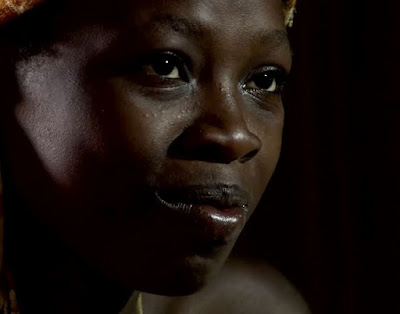 |
| From Arnaud Flickr |
The USAID-funded Madagascar Community-Based Integrated Health Project known locally as MAHEFA is focused on providing basic, quality health care to isolated populations in six north and northwestern regions of Madagascar (DIANA, SAVA, Sofia, Menabe, Boeny and Melaky). This project's funding ended last year, however, a new grant was just awarded to continue and expand the important work in Madagascar.
The program’s vision is for thriving families and communities to access sustained, high-quality health services at the community and facility levels that are responsive to client needs and interlinked through excellent health system and community management. To achieve this, the program will increase access to and use of key services, and improve regional, district, and commune management and systems in the seven regions identified in the program.
A need for an emergency transport system was identified and tailored solutions to fit the needs of patients in these areas were defined, developed, and implemented through MAHEFA. Community Health Volunteers (CHV) were evaluated and challenges noted. MAHEFA brought new bikes into the program that were delivered to certain CHVs in greatest need of transportation.
 |
| Antsohihy Co-op |
Bikes for the World donated several containers of bikes and spare parts to this project over the last year. Bikes are fixed up by MAHEFA trained mechanics and sold to local families who use them for school and work. Many farmers are buying and using bikes to help tend to their crops and carry produce to market.
The profits from the bike sales and repairs are being used to support health initiatives in these small rural communities. The co-ops benefit from paid dividends, employees receive a small salary for work in the shop, and other revenue helps support the Emergency Transport System and health insurance in the community.
Contributors, JSI and Transaid


No comments:
Post a Comment
Note: Only a member of this blog may post a comment.